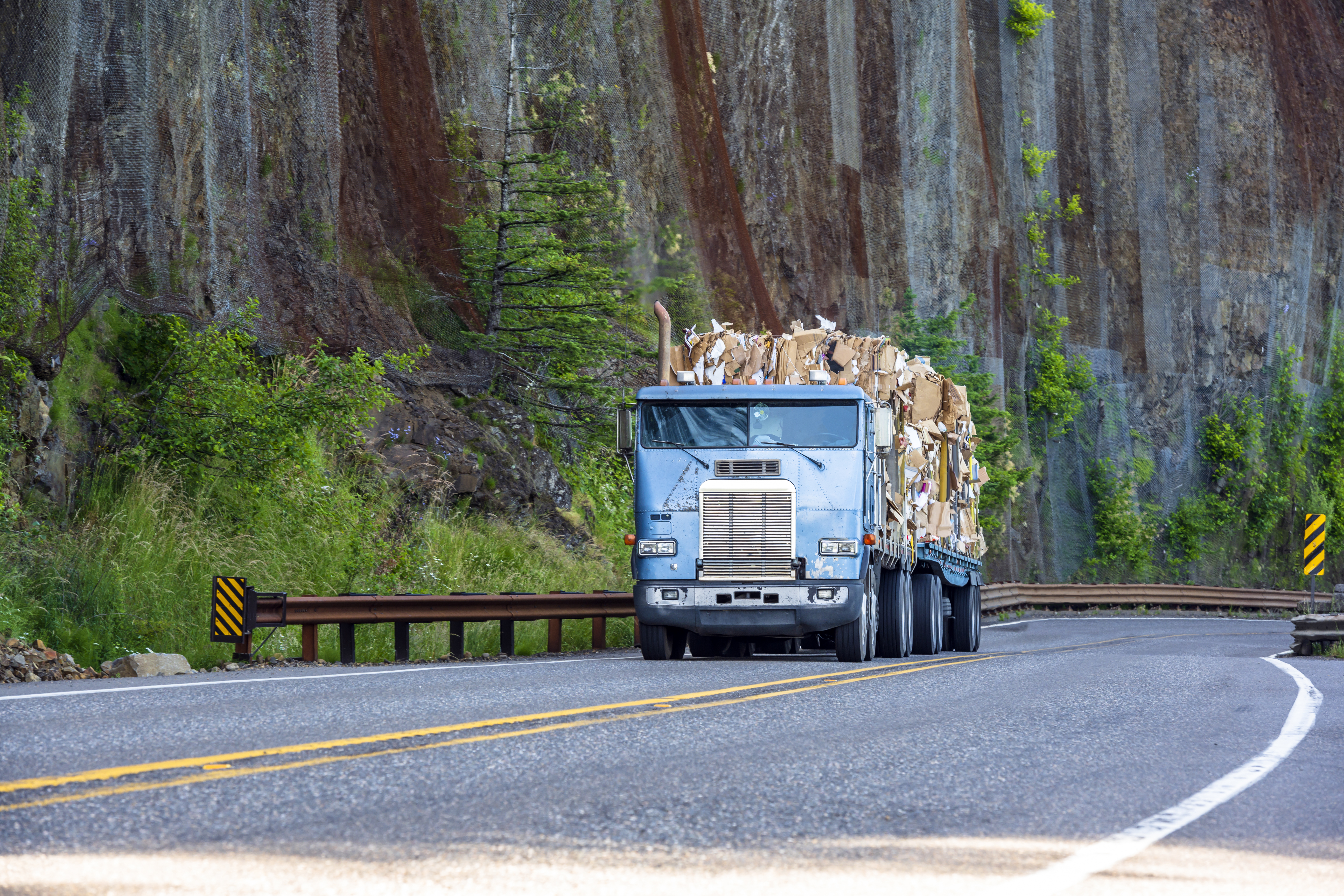How to Make Your Waste, Transportation or Recycling Business Attractive to Insurers

What do transportation, waste and recycling businesses have in common? The vehicles, of course. Getting products and people from A to B on wheels is no simple feat and comes with a host of insurance considerations. Typically, the biggest exposure and losses in these industries are the vehicles themselves—more than liability or property.
The present market for business insurance is a challenging one. According to Ken Fedosen, Senior Partner and PRL’s Business Development Leader for Waste, Recycling and Transportation, the current climate is a reaction to a perfect storm of factors such as years of downward pressure on rates combined with aggressive growth from certain insurers and long tail losses that have taken a few years to develop.
While rate increases depend on the history of the individual account, overall, on a portfolio basis, they have gone up by a minimum of 10 per cent up to 30 per cent across the marketplace. “There’s an unprecedented rate of nonrenewal and, for anyone who is lucky enough to get renewal terms, increases are well above the rate of inflation,” says Ken.
The industry has also seen a change in capacity. “It has definitely shrunk and, in some cases, almost disappeared over the past 12 months,” Ken describes. “We’re seeing insurers exit this space all together, which creates a large void in the market.” The Facility Association is also growing because, in some cases, there’s no longer a viable insurance option for the average waste management, recycling and transportation company.
So, with all this going on, what can your business do to stay in the game? Insurers look for companies that employ best practices regarding hiring drivers, fleet safety and risk management procedures.
Concentrate on Hiring Best Practices
- Use a robust screening process to filter your potential employees and make sure to document your procedures thoroughly
- Create individual driver files which document and contain the following:
- A copy of the employment application
- Pre-employment screening; a copy of the driver’s licence
- A recent copy of the applicant’s motor vehicle record (MVR)
- Copies of driver training and qualification documents
- If they are an owner/operator a copy of their operator contracts
- A signed acknowledgement of company procedures and cell phone policy
- An acknowledgement and a report on the driving test taken with the company’s fleet manager
Maximize Fleet Safety
- Fleet safety starts with a safety culture mindset at the ownership or management level; this focus on safety needs to come from the top down
- Health and safety procedures (such as policies surrounding distracted driving, texting while driving or management ride along programs to monitor drivers) need to be documented in manuals and strictly adhered to
Outline and Adhere to Risk Management Procedures
- Have your procedures and documents in order, such as:
- The written pre-employment screening process/hiring procedure
- Any mentorship programs for you or the drivers
- Driver performance incentives, if applicable
- The motor vehicle record (MVR) for drivers with a conviction, plus any written disciplinary action
- Driver fatigue management practices
- Information on WSIB programs and controls
- There should also be a controlled substance/alcohol procedure with a zero-tolerance rule for non-compliance
Practice Risk Management for Vehicles
- There are a bevy of ways to keep your vehicles in tip-top shape for the road, as well as in the eyes of the insurers, such as:
- A written maintenance policy
- A written maintenance schedule
- A review of the current level of the Commercial Vehicle Operation Record (CVOR)
- An accident register for the vehicle
- An accident and a review committee in place for large losses
- Winter and summer checklists for vehicles
- Information on the radius of operations, travel times, travel lanes and vehicle dash cam installments
Our dedicated team of professionals will ensure unmatched dedication to your waste, recycling and transportation needs. To learn more contact:
Ken Fedosen
National Business Unit Leader | Transportation, Waste & Recycling, 647.259.3562, kfedosen@purvesredmond.com
Bradley Wells
National Business Unit Leader | Financial Product Lines, 647.797.4102, bwells@purvesredmond.com
Deborah Laferriere
Principal Broker & Chief Compliance Officer, 416.362.3630, dlaferriere@purvesredmond.com


